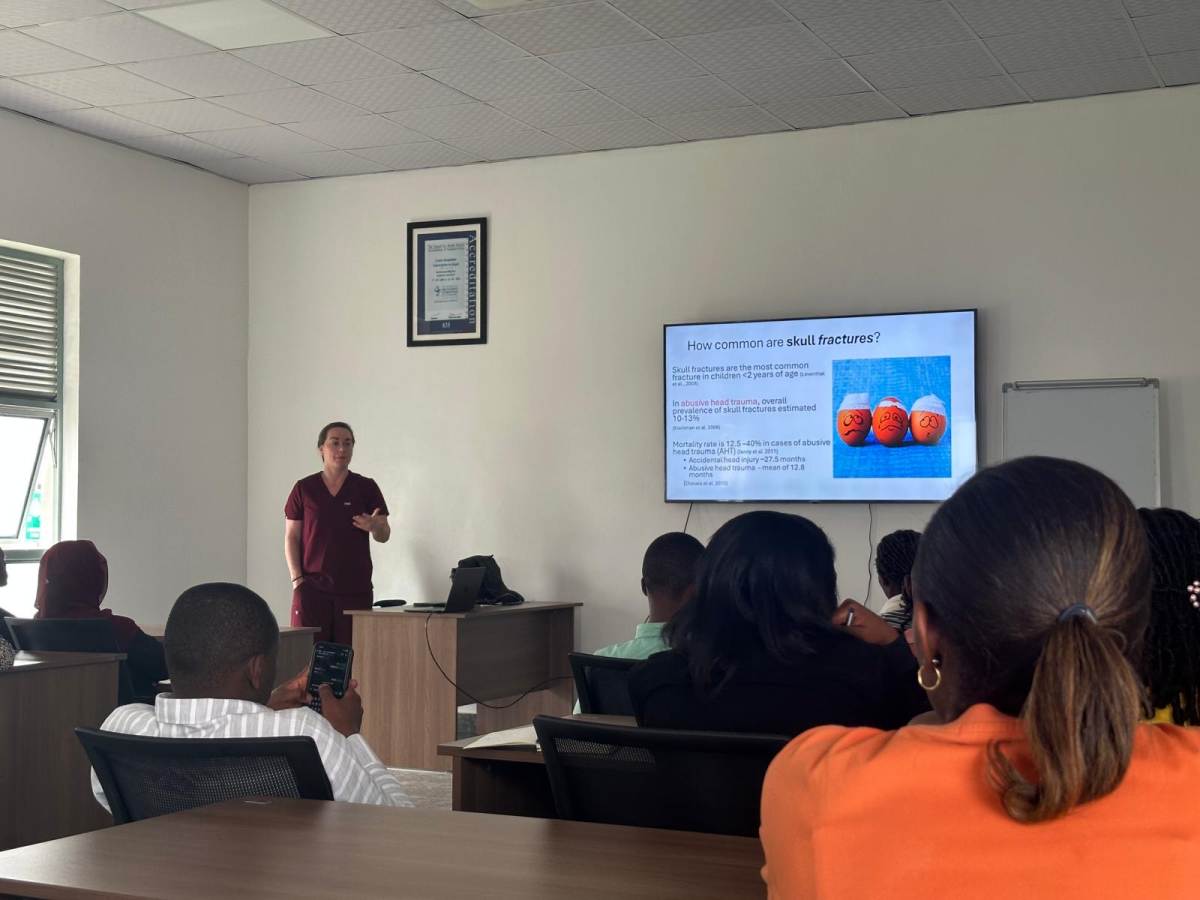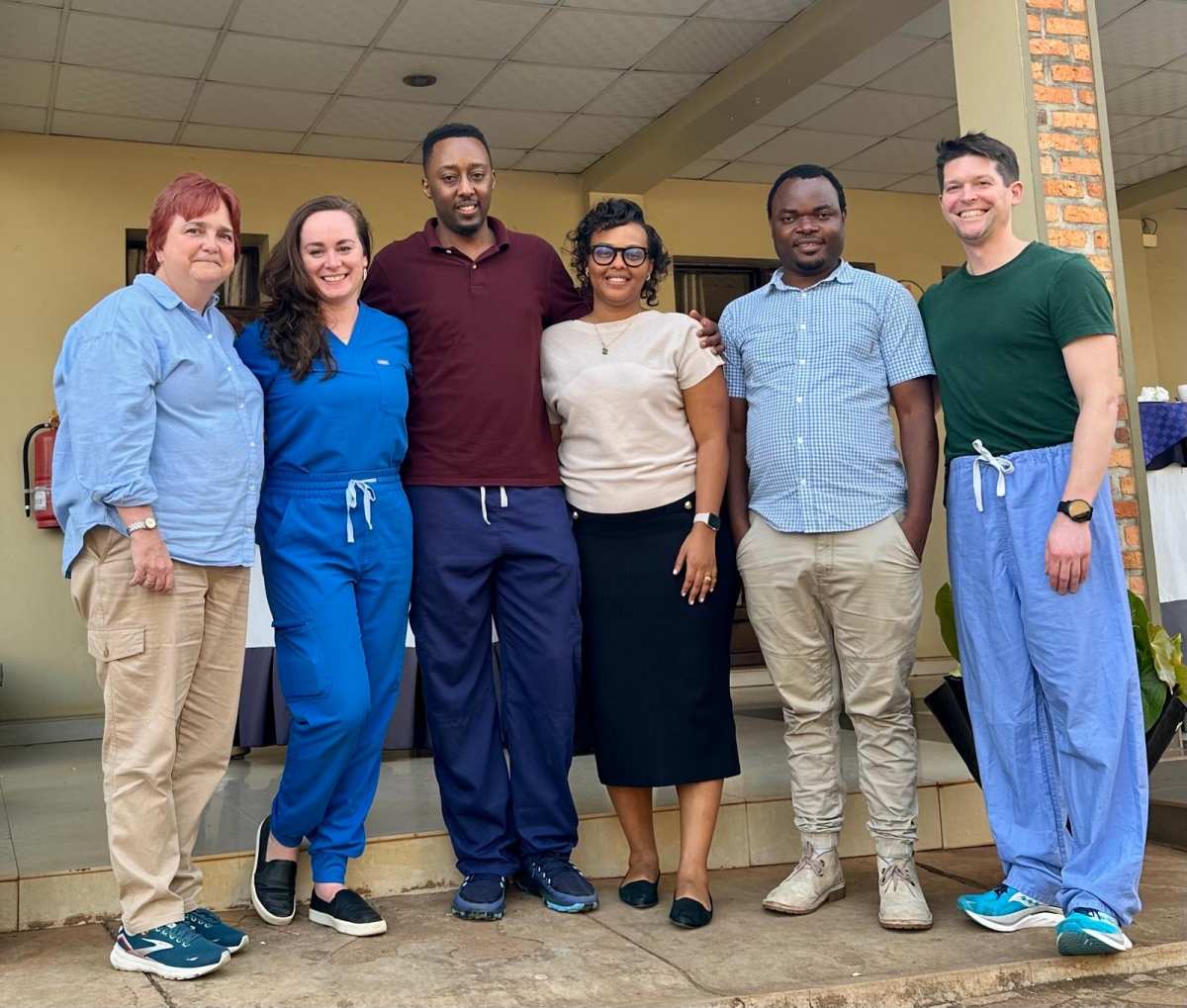Trauma remains a leading source of childhood injury and death, with factors including 1) rapidly expanding roadways and transportation, coupled with limited access to safety resources like car seats and helmets, and 2) proliferation of rural infrastructure including electricity and makeshift gas stoves without local healthcare access resulting in rising pediatric deaths. In low- and middle-income countries, these environmental factors are further exacerbated by a lack of healthcare provider training in pediatric resuscitation, particularly in rural district hospitals. The unique symptoms and physiology of injured children places them at risk of undetected injury and clinical deterioration in the hands of untrained providers. In response, we plan to visit rural hospitals to provide targeted workshops and hands-on sessions with emergency care providers to develop their skills in pediatric resuscitation while promoting injury prevention community awareness.
This project will primarily target healthcare providers, including general practitioners, nurses, emergency room technicians, and other essential medical staff, who deliver care in rural district hospitals throughout Rwanda.
This project will empower healthcare providers in district hospitals by equipping them with the knowledge and expertise necessary to effectively manage critically ill and injured children. We hope that our locally-delivered educational initiative will improve the chances that children receive timely and appropriate care, ultimately improving health outcomes and reducing mortality. We anticipate that our project - combined with other provider training initiatives , will strengthen Rwanda's emergency response capabilities.






This trip provided a key opportunity to share my expertise in pediatric emergency medicine. We engaged with residents training in both pediatric and emergency medicine through a combination of didactic lectures and hands-on simulation tailored to their expressed learning needs. Beyond the joy of 1:1 teaching, I learned a lot about the current Rwandan medical system, as well as the planned expansion of their medical training programs and hospital/pre-hospital infrastructure. Connections fostered during this trip enabled ongoing institutional collaboration in the form remote teaching/education and curriculum development.